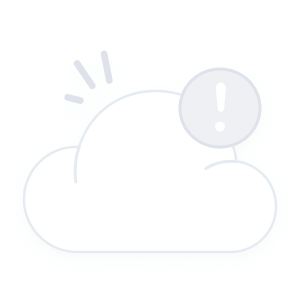- Dashboard
- Handelen
- Marktplaats
- DeFi
- Ontdekken
- Blockchain Explorer
- Bouwen
- Ondersteuning
- Dashboard
- Handelen
- Marktplaats
- DeFi
- Ontdekken
- Blockchain Explorer
- Bouwen
- Ondersteuning


--
X Routing vindt de beste LP (liquiditeitsaanbieder) en de beste route die slip en netwerkvergoeding minimaliseert over honderden DEX'en (Decentralized Exchange) voor de beste swaptarieven. Hierdoor kun je crypto met één klik swappen binnen onze transparante en geavanceerde DEX- en verbindingsaggregator tegen de beste prijzen over meer dan 20 netwerken, 300 DEX'en en 20 cross-chain-verbindingen. Meer informatie
OKX DEX is a DEX (Decentralized Exchange) and cross-chain bridge aggregator. We find the best on-chain liquidity for trading any assets seamlessly. Our X Routing algorithm finds the best price across every DEX. We compare prices from Liquidity Providers (LPs) with the best liquidity pools, split orders, and take into consideration prices, slippage, and network fees.
Swap refers to the conversion of crypto within the same network, where paying and receiving tokens occurs on this network. Cross-chain swap refers to the conversion of assets across different networks, where the token you pay with and token you receive are on different networks
1. Insufficient network fee. During times of network congestion, gas fees may skyrocket. Miners prioritize transactions with higher gas fees, so if your transaction isn’t picked up by a miner for an extended period, it can result in transaction failure. Therefore, when initiating a transaction, it’s recommended to use the default values recommended by the platform. 2. Excessive slippage. In volatile markets, liquidity depths can change. If the trading amount falls below the required minimum, the contract may halt the transaction, leading to a failed transaction due to excessive slippage. 3.Duplicate transactions. If a user initiates multiple identical transactions simultaneously, but their balance is only sufficient to cover the first transaction, subsequent transactions will fail.
You can purchase the corresponding tokens on the OKX exchange and withdraw them to your wallet address, or you can use OKX DEX's Swap for gas feature, which allows you to quickly swap mainstream assets such as USDT, USDC, DAI, and WETH into gas tokens.
Yes, you need to pay network fees. When you send/transfer tokens, do contract interaction or engage in any activities that occur on a network, you must pay network fees to miners or validators for processing the transaction. Since miners or validators consume network resources in processing the transaction, the network fee is required whether the transaction is successful or not.
Slippage refers to the price difference between the expected price of a trade and its actual execution price. Slippage is an implicit cost of trading and is inevitable in most trades, especially in a DEX. Slippage becomes more prominent during market volatility or when there is insufficient liquidity on the trading platform.
Slippage cannot be completely avoided, but its impact can be minimized in three ways: 1. The best way is to choose assets with high trading volume and liquidity. 2. You can opt for transactions with smaller amounts, which are more likely to be executed, instead of placing large orders directly. 3. Consider adjusting the slippage tolerance during price fluctuations, where slippage may exceed the preset limit when your transaction is executed. In this case, increasing slippage could avoid transaction failure, but it also means you can't get a good price. Please proceed with caution.
Some tokens have a higher slippage tolerance due to the presence of transaction taxes, such as SAFEMOON, which are used for liquidity pool buy-back, token burning, and rewarding token holders. To help you trade these tokens, OKX DEX has launched automated slippage to improve the success rate of these trades at the current optimal slippage level.
